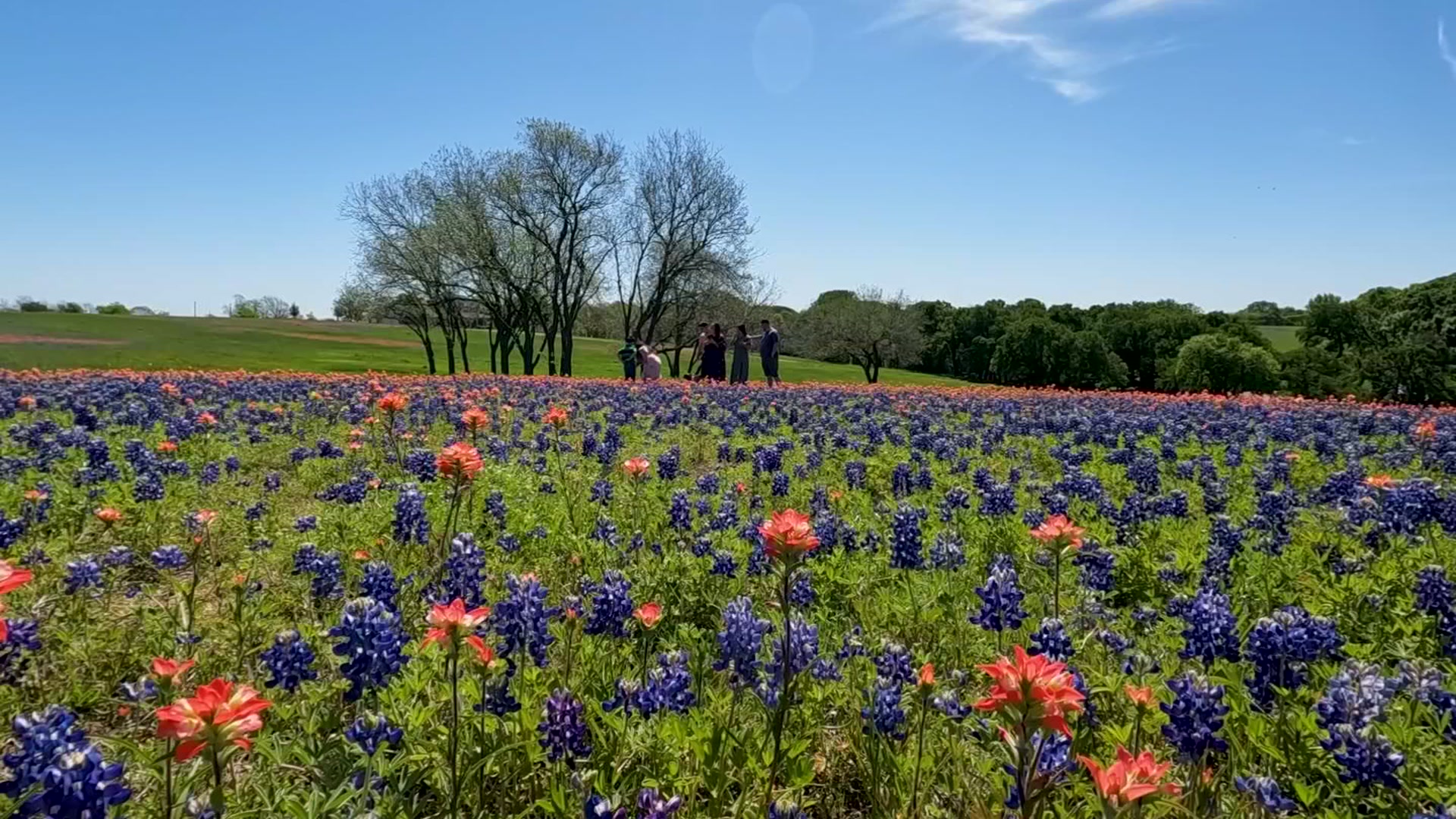An inconsistent regulatory environment and a lack of awareness by residents of the potential flooding dangers in and around Houston were among the factors that contributed to the heavy damage inflicted by Hurricane Harvey, according to a report released Thursday.
The report, which focuses on lessons learned from Harvey, offers several recommendations for the Houston area as it continues recovering from the deadly storm and prepares for future ones, including an August election that will ask voters to approve $2.5 billion in bonds for flood control projects.
Some of the recommendations include building a culture of awareness around flooding risks, trusting the public with information about potential dangers and making flood insurance more universally appealing to home and business owners.
"Not acting now to build flood resilience in Houston and Harris County will potentially be very costly in the future" according to the report compiled by Colorado nonprofit ISET-International, the American Red Cross Global Disaster Preparedness Center and Switzerland-based Zurich Insurance.
Harvey, which came ashore last August as a Category 4 hurricane, caused an estimated $125 billion in damage in Texas and flooded thousands of homes in the Houston area.
The report said that a lack of a coordinated regulatory environment to deal with development and adequately warn residents of potential flooding dangers exacerbated flood damages.
The biggest example of this highlighted in the report was the flooding associated with the area's two reservoirs -- Addicks and Barker -- which has resulted in federal lawsuits in which thousands of homeowners allege they weren't aware of the flooding risks from the two damns.
Texas News
News from around the state of Texas.
The report says there were numerous steps that could have been taken in the years before Harvey that would have softened the impact of flooding from the reservoirs, including not allowing homes to be built in them and their surrounding floodways and giving adequate disclosures about flooding risks whenever homes around the reservoirs were sold.
The report also discussed a culture that didn't warn people of the potential danger of flooding. It pointed to such things as not having to disclose a home's prior history of being flooded to using terms to describe extreme floods like a "100-year event" that don't help people understand that catastrophic flooding can happen more regularly.
"There were so many people who had no idea they were in a flood risk area," said Karen MacClune, chief operations officer with ISET-International, which has done similar reports after other natural disasters around the world.
The report also said the Houston-area can't only rely on infrastructure and engineering solutions to deal with flooding risk. Solutions should be broader than widening bayous and building more reservoirs but also have to include leaving more open spaces and restoring wetlands, according to the report.



